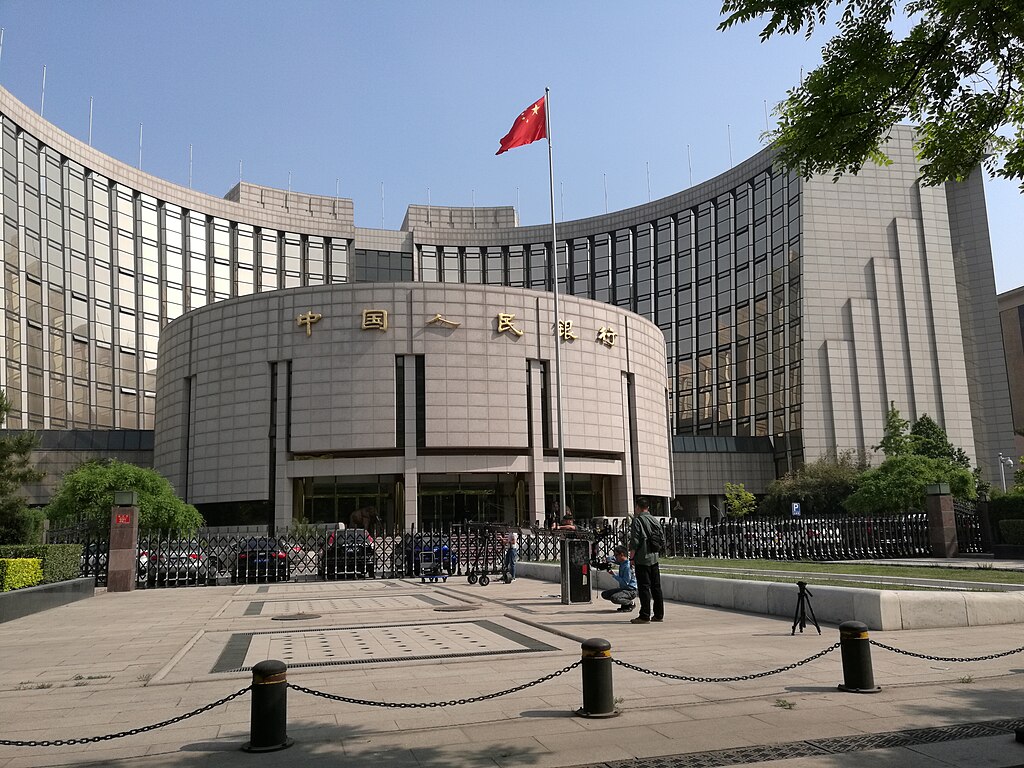
John Pendlebury
Professor of Urban Conservation, Newcastle University
I am a town planner and urban conservationist with ten years practice experience in local government, central government and consultancy before re-entering academia in 1996. I have had many departmental and university roles, including serving as Head of School between 2008 and 2016.
I teach and undertake research on heritage, conservation and planning with a focus upon, first, how historic cities have been planned in the past, considering how the historic qualities of cities were conceived and balanced with modernising forces. Second, I undertake empirical and conceptual work on the interface between contemporary cultural heritage policy and other policy processes. Principal publications include Conservation in the Age of Consensus (2009) as well as the edited collections Valuing Historic Environments (2009 with Lisanne Gibson) and Alternative Visions of Post-War Reconstruction: Creating the Modern Townscape (2015 with Erdem Erten and Peter Larkham).
In 2021 I have a new book out, Conserving the Historic Environment, with Jules Brown:
https://www.lundhumphries.com/products/106972?_pos=1&_sid=918c26ae8&_ss=r
I have around 40 peer-review journal papers and book chapters. Versions of many of these can be accessed through http://eprint.ncl.ac.uk/ or my profile on https://www.researchgate.net . I have received research funding from AHRC, ESRC, EPSRC, British Academy and the EU. My principal current focus is upon collaborative European projects looking at the impact of governance reform on heritage planning and new, inclusive governance models. I have also been developing a project on Heritage and Brexit (with Loes Veldpaus) https://heritagevalue.wordpress.com/.
My research mostly focuses on conservation values and social purpose and the way this translates into strategies of management. It is drawn together in my book Conservation in the Age of Consensus www.routledge.com/books/details/9780415249843/. Broadly the work divides into two themes:
1. Empirical and conceptual work on the interface between cultural heritage policy and other policy processes e.g. social inclusion & regeneration. This interface poses challenges for considering which values are dominant in motivations for heritage protection (e.g. art historical values vs. ‘public values’). Projects include:
Sustainable Adaption – Resilience in Urban Regeneration (ADAPT), Expert Panel Norwegian Research Council funded project (2019-2021)
Heriland, Newcastle Co-I (Newcastle lead, Sam Turner) EU Intensive Training Network (2019-2022) https://www.heriland.eu/
Visiting Researcher Grant for 3 month visiting fellowship at Norwegian Institute for Cultural Heritage Research (NIKU), Norwegian Research Council (2018-2020)
Organizing, Promoting and Enabling Heritage Re-use through Inclusion, Technology, Access, Governance and Empowerment (OpenHeritage), Newcastle PI (overall lead MRI, Budapest) EU Horizon 2020 (2018-2022) https://openheritage.eu/
ESRC impact acceleration account (IAA) – Brexit fund, PI WP2 Heritage & Brexit (2017)
Sustainable Green Markets, regenerating the urban core to sustain socio-cultural heritage and economic activities, co-I (PI Neveen Hamza, Newcastle University AHRC (2016)
UK PI (overall lead Delft) for Joint Programming Initiative (Norwegian Research Council funded) The impact of urban planning and governance reform on the historic built environment and intangible cultural heritage (PICH) (2015-2018). See https://planningandheritage.wordpress.com/
Co-ordinator for EU - FP7-PEOPLE-2011-IRSES funded project Planning, Urban Management and Heritage (PUMAH)(2012-2016), linking Europe and and Chinese HEIs. See http://www.pumah.org/
UK PI (overall lead Delft) for Joint Programming Initiative (AHRC funded) A Sustainable Future for the Historic Urban Core (SHUC) (2013-15). See https://planningandheritage.wordpress.com/
Co-I for EPSRC funded project GLOBAL Sustainable Energy through China-UK Research Engagement (SECURE)(2012-2013), examining issues of retrofitting in co-operation with Chinese partners. See http://research.ncl.ac.uk/globalsecure/
ESRC DTC CASE Studentship (Hannah Garrow) with Architecture Design Scotland (2013-2019) on The Role of Community in Shaping place Identity
Co-I for AHRC funded project (2012) Research for Community Heritage: North East England
Co-Investigator for EPSRC/ ESRC/ AHRC/ English Heritage funded research network (2006-2007) Valuing the Historic Environment: Concepts, Instrumentalisations and Effects. See web-link above. This project led to the book Valuing Historic Environments www.ashgate.com/isbn/9780754674245
ESRC CASE studentship (Dave Webb) with English Heritage (2006-2009) on heritage and areas of low housing demand
AHRC Collaborative studentship (Elli Winterburn) with Newcastle City Council (2006-2009) on characterising housing areas
ESRC CASE studentship (Nick Shore) with English Heritage (2002-2005) on impact of pluralistic approaches to heritage
Participation in ESRC-funded project on Urban Governance using Grainger Town, Newcastle as a case study (1998-1999)
2. Conceptual work based primarily on city case studies of how historic cities have been planned in the past, particularly in the mid-C20, focusing in particular on how the historic qualities of such cities were conceived and balanced with modernising forces. Projects include:
Devastation, dislocation and (re-)settlement: breaking/replacing the peopl-place connection in landscape, Newcastle team member AHRC-DFG award (2022-25)
ESRC DTC CASE Studentship (Sally Watson) with RIBA (2018-2022) Playing out: A study into children’s use of public space in 1970s housing estates
Co-I for AHRC Connected Communities project (2012) Civic Associations and Urban Communities: Local History, Place-Making and Activism in Twentieth Century Britain. See http://www.gla.ac.uk/schools/socialpolitical/research/urbanstudies/projects/civicassociationsandurbancommunities/
Principal Investigator for AHRC-funded project on Thomas Sharp (‘Town and Townscape: The Work and Life of Thomas Sharp’ Resource Enhancement Grant, 2006-2007). See http://catless.ncl.ac.uk/sharp.
- Market Data



































